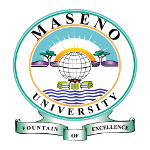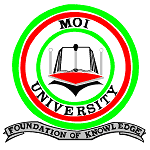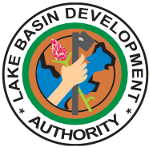Why CREATE ?
The late Nobel Peace Prize winner Dr. Wangari Maathai was a person able to perceive the linkages between politics, economics, ecosystem science, global change and human well-being. In the conclusion of her book published in 2009 summarizing a vision for future advancement in Africa, she made the following statement:
“This struggle to preserve what they have and hold it close to them is one that all Africans – indeed, all people – should engage in. Because if the soil is denuded and the waters are polluted, the air is poisoned, wildlife is lost and the mineral riches are mined and sold beyond the continent, nothing will be left that we can call our own. And when we have nothing to call our own, we have nothing to reflect back to us who we truly are.”
Wangari Maathai: “The Challenge for Africa”
Thus, Dr. Maathai focused on resource protection and sustainable resource use as a critical requirement for sustainable and productive future societies in Africa. The same goals are at the forefront of new concepts and progress in ecosystem science; in fact, ecosystem scientists along with social scientists are striving to join hands in developing common understanding of the interrelationships that occur in regional social-ecological systems, that determine decision-making and environmental policies, and that ultimately control the services provided from our natural resource base.
Sustainable acquisition of ecosystem services, their economic gains, and management of supporting resources in the context of global change are concerns that require new types of natural process (ecosystem) data bases, research frameworks, funding instruments, integrative tools and partnerships with government and non-government agencies. The newly initiated global change programs of “Future Earth” (http://www.icsu.org/future-earth) and Ecosystem Change and Society (http://www.pecs-science.org/) expand on the vision of Dr. Maathai and others, working to to integrate research on the stewardship of social–ecological systems and to break down barriers that have impeded understanding of social-ecological transformations.
Nevertheless, resource management for sustainable acquisition of ecosystem services is extremely complex. Furthermore, regional social-ecological interactions are many and difficult to visualize. Thus, new understanding will be best achieved in case studies, where many scientists can provide analyses of concretely defined social-ecological systems from different perspectives, and where system knowledge can accumulate within a long-term time frame.
We believe that Maseno University is advantageously located to provide a focus in East Africa for knowledge synthesis that will simultaneously provide 1) scientific results on complex ecosystem and landscape processes, 2) information to advise stakeholders about sustainable long-term investments, and 3) the means for linking scientific evaluations with regional agency management efforts. The CREATE platform for information exchange is intended to promote a broad and new type of cooperation in the wise use of natural resources that will support human well-being in East Africa during the next decades.











